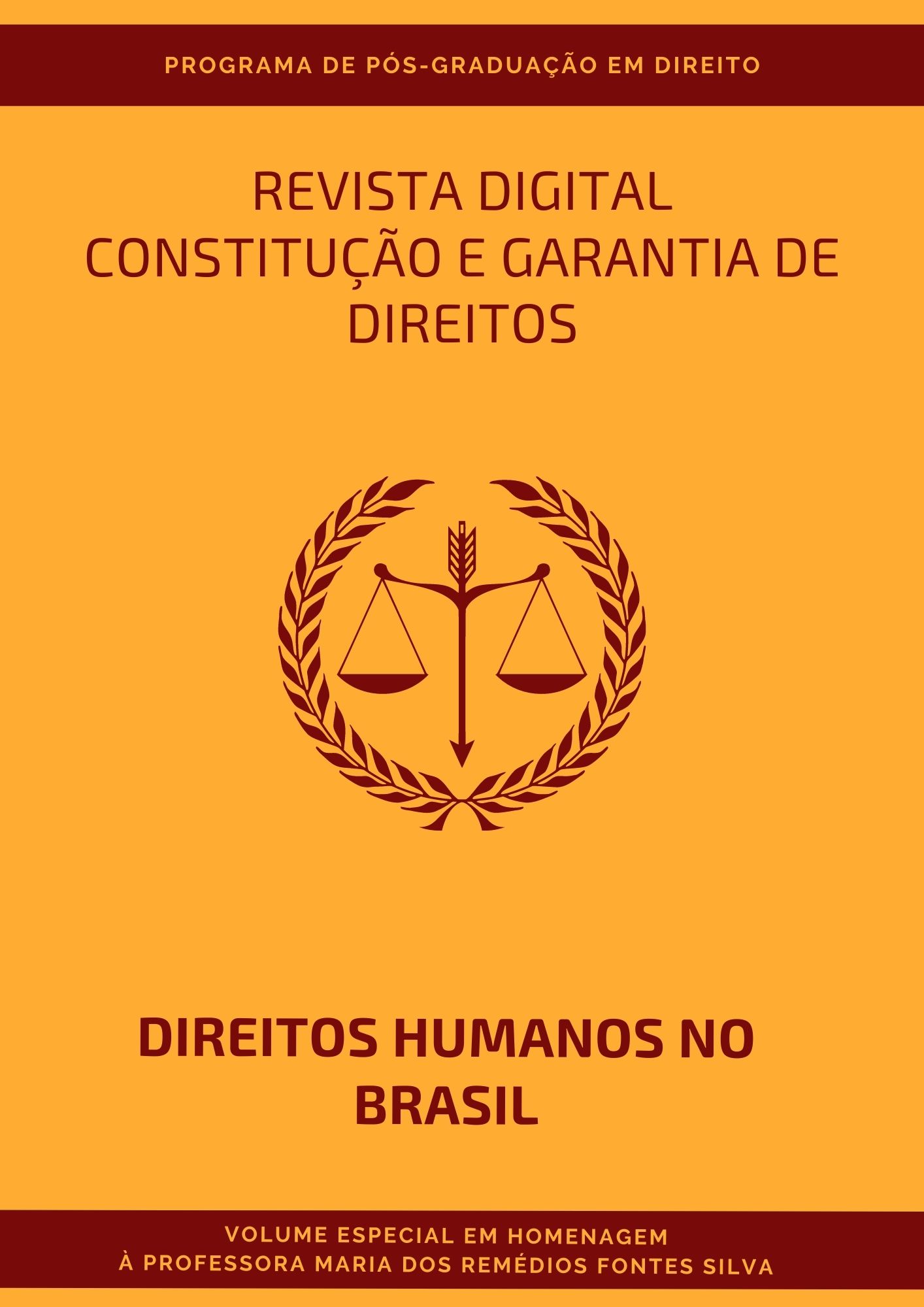DESENVOLVIMENTO COMO UM DIREITO HUMANO E SUA RELAÇÃO COM A DEMOCRACIA
DOI:
https://doi.org/10.21680/1982-310X.2021v14n3ID25074Abstract
The purpose of this article is to treat development as a human right established in the 1986 Declaration on the Right to Development approved by the United Nations General Assembly, its close relation with democracy and constitutional concretization in Brazil. By Resolution No. 41/128 of 1986, the Assembly approves the Declaration on the Right to Development stating the right to development as an inalienable human right. Development, no longer seen as a synonym for economic growth, now represents an economic, social, cultural and political process, with expansion of freedoms and sustainability (both quantitative and qualitative aspects). In Brazil, the Federal Constitution of 1988 determined national development as a fundamental objective of the Republic (art. 3, II). Due to Generality and programmatic nature, development takes on a dimension of principle that needs more concrete normative structuring, which, consistent with the 1986 Declaration of development as an active participation of the people, Brazilian democracy offers a vote, referendum, plebiscite and popular initiative of laws for the constitutional realization of a developmental objective. The study method is hypothetical-deductive, with a qualitative approach, supported by bibliographic and documentary research. It is concluded that there is a consolidation of the right to development as an inalienable human right, of political, civil, economic, social and cultural legal aspects (in interrelation and synergy), still representing a fundamental objective of the Brazilian Republic to be achieved by constitutional strength, in which the people are protagonists in the process, which has democratic tools.
Downloads
Downloads
Published
How to Cite
Issue
Section
License
Autores mantêm os direitos autorais pelo seu artigo. Entretanto, repassam direitos de primeira publicação à revista. Em contrapartida, a revista pode transferir os direitos autorais, permitindo uso do artigo para fins não- comerciais, incluindo direito de enviar o trabalho para outras bases de dados ou meios de publicação.





